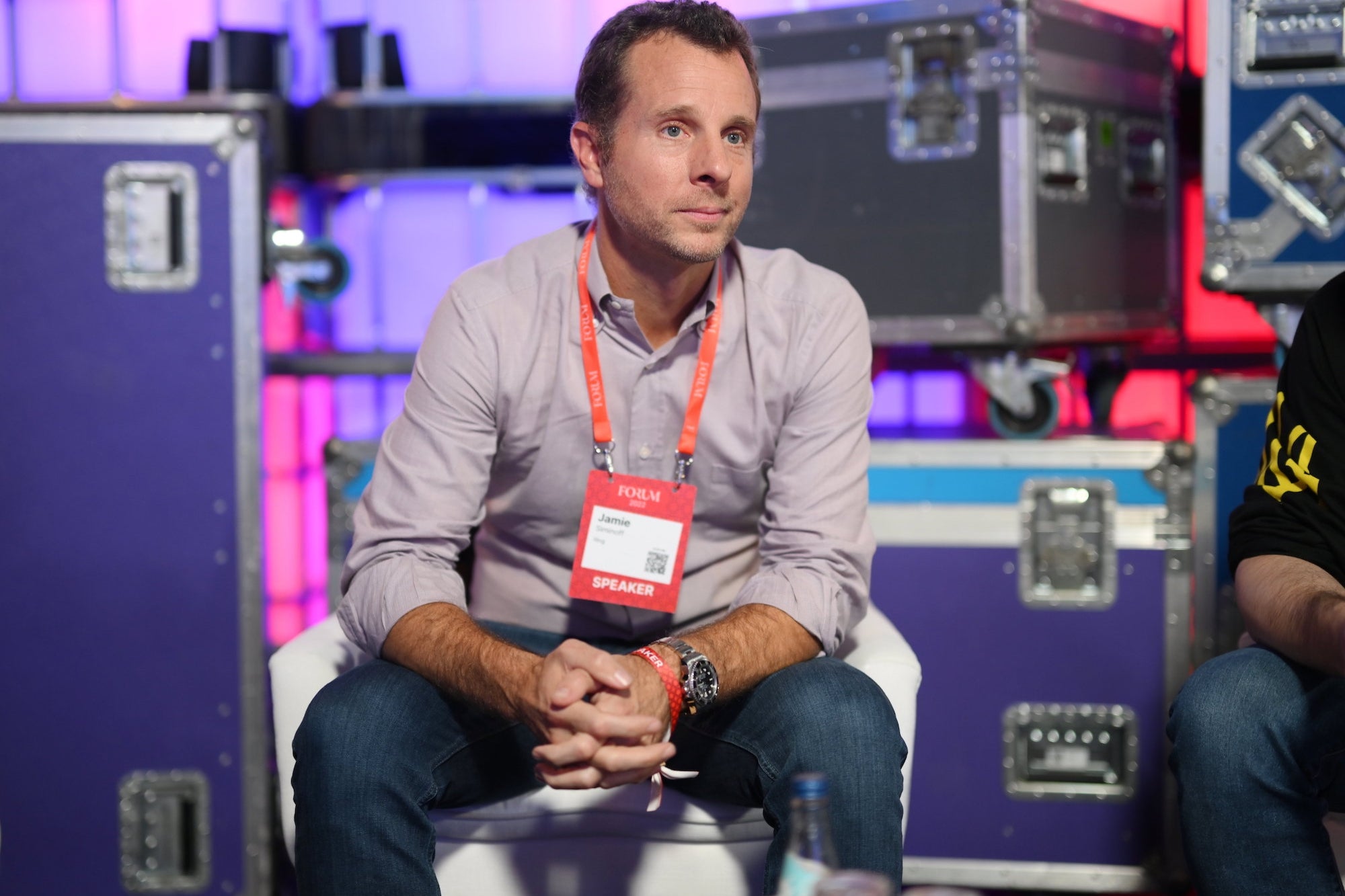This Strategy Could Be the Solution to Future-Proofing Beloved Sports Teams Accelerate growth in the future by using revenue generated today, both on and off the field.
Opinions expressed by Entrepreneur contributors are their own.
Attaining success on the field or court these days takes far more than signing top players in their prime or getting the right coach. Attracting and developing young talent, data analytics, conditioning, diet, logistics and sports sciences all need to be present to deliver results.
These areas all create deeper demand on capital and leave teams and organizations weighing their options for financing future business development and growth. As with other key components of success, financial formulas and structures have evolved to better support these ambitions and accelerate planned progress.
Related: WSC Sports Was Built on a Love for Sports. It Changed The Entire Game.
Recent history has shown the pivotal role that media rights revenue plays for sporting leagues. The biggest sports leagues in the world, such as the NBA, MLB, MLS and EPL, have all landed mega-deals for their broadcast rights in recent years.
The broadcast media rights model can be targeted and refined to meet the specific needs of developing sports organizations, on and off the field. Any existing revenue stream, such as ticket sales or long-term sponsorships, can be incorporated into an individual financing program built around debt or equity structures (or even a combination of both).
There's an inherent flexibility to these revenue deals which can match the club's current priorities and future dynamics, whether it's to build a new stand, develop the academy, increase retail and entertaining space or be used as working capital for team operations. There's no constraint on how funds are employed, so they can be used to accelerate strategic business development goals — one example would be through the launch of an OTT streaming service to extend a club's reach in other territories.
This enhanced liquidity can help to build a more secure future.
Related: The Intersection Of Sports: A Promising Playing Field For Investors
Revenue deals have simply transformed the performance and prospects of clubs, leagues and organizations. They occupy a proven role in an increasingly intense and creative sports development marketplace.
This was the background to the formation of Stellwagen Ventures in 2020 as a global firm connecting investors with sports (and music) entities. As co-founder and managing director, I brought front-line experience from my role as board director and chief media officer at Liverpool FC to create a new player in the sports media rights and general investment market. My business partner, Jeff Walker, did the same while at Sony on the music side.
Related: The Savannah Bananas Just Turned Down $1 Million in Ticket Sales. Are They, Um, Bananas?
What is a debt revenue deal?
The essential logic of a debt revenue deal is clear. Investors acquire a temporary minority interest, usually around 10-20%, in a franchise's broadcast media rights or combined revenue streams, to provide the team with essential liquidity against these valued assets.
In the debt scenario, the club, league or federation receives funds upfront but retains 100% equity ownership, allowing them to move forward from current strength to future strength. It's a scalable solution for leagues and federations tasked with taking their offer forward, whether it be new competitions, fresh formats or simply fighting for the sports fan's dollar.
Related: NFL Sunday Ticket and YouTube on Verge of Multi-Billion Deal
Existing global, national or regional revenue arrangements can form the basis of any deal, but the estimated future value of specific licensing deals can be factored in, too. In this case, the PE firm takes on the re-licensing risk of future deals negotiated beyond existing contracted amounts.
Simple enough and a win-win proposition in the making as teams partially monetize the value of their future revenue streams without any performance covenants. In practice, though, there may be complications in valuations, cross-border rules and regulations, plus a careful balance of debt, equity and enterprise structures to be found.
Related: Working Your Way Up in Sports Media
In the past, broadcast media rights deals may have been seen solely as an alternative form of financing, analogous to bank borrowing.
These days, the evidence shows that they're a much more holistic solution based on a shared desire to future-proof a much-loved team or sport and provide the impetus for further structured development. Unlike traditional borrowing, broadcast media rights and other revenue-based deals are not directly correlated with market fluctuations or macroeconomic factors like interest rates.











